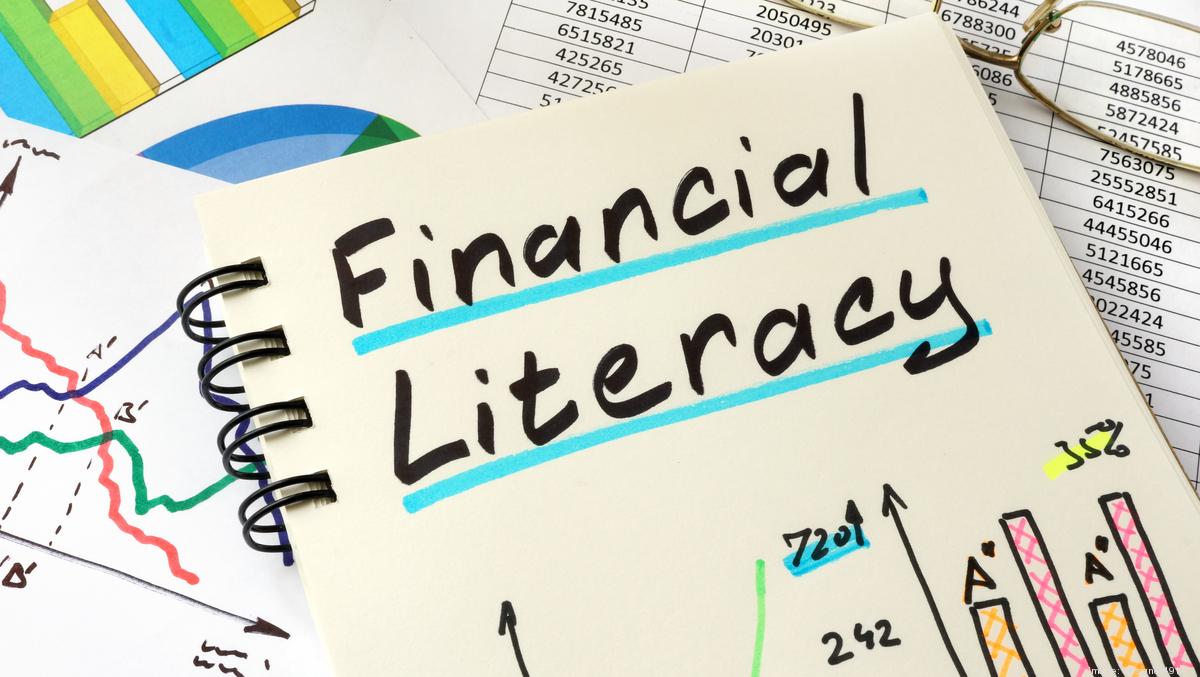Personal finance is the family resources’ financial management process or an individual through savings, investment, expenditure, and other risks and life events. Unfortunately, personal finance is rarely taught in school, and many people struggle with this area. Here are some of the tips for personal finance management:
Interest Rate
Checking your interest rate will help you know which loan you should pay first and which savings account you should open and start saving. You should pay the loan that has the highest interest rate first out of all the loans you have. It would help if you also went for a savings account with the best interest rate.
Set Financial Goals
A financial goal is a target that an individual or a company sets to aim for when managing your money. Setting financial goals will help you know where you are going, dictate how much you have to save, shape your career choices, stay focused, and find the right tool to help.
Tracking Your Net Worth
Net worth is the value of your assets minus the debts and tax that you will have to pay. The tracking and knowing your net worth will help you know areas where you spend too much money on, tracking and paying down debts, saving, and investing. Tracking your net worth will let you know where you are, and it will help you set your financial goals.

Money Buddy
A money buddy is a person who actually cheers you up and makes you have the psyche to earn more money. Having a money buddy will also help you come up with a new idea for any financial situation. You can also share ideas, tools, and tips with your money buddy.
Financial Calendar
A financial calendar is used by shareholders, traders, and other investors to track the economy’s important events. It would be best if you came up with a financial calendar that will help you avoid scheduling conflicts. A financial calendar will help you have an entire outlook on the year and expenses, even if things don’t work as planned. To design the best financial calendar, you can:
Examine your financial status before drafting your financial calendar
- Design a list of your fixed yearly expenditure
- Make a list of your financial goals and include how you will achieve them
- Think ahead of your plan
- Create weekly, monthly, and yearly calendars
- Stick to the calendar you created and all events

